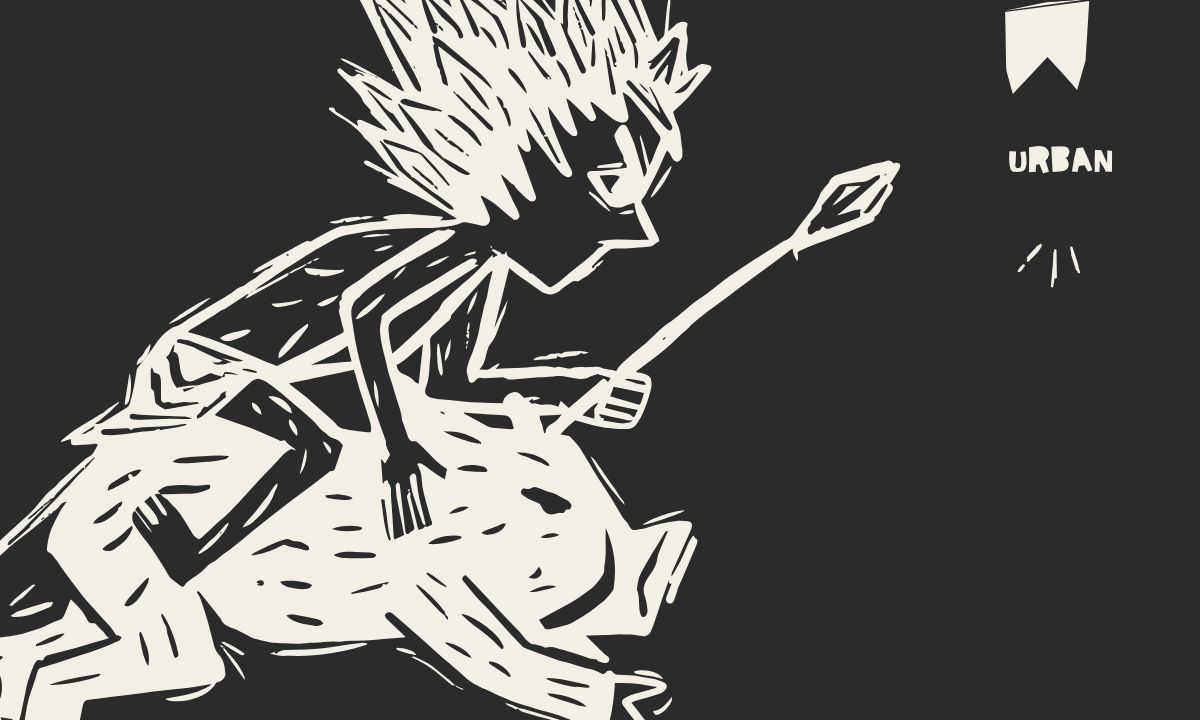
History
Ian Guedes, Feb 10th, 2024

Desvendando o Carnaval: Curiosidades que Você Não Sabia
O Carnaval é uma festa conhecida mundialmente pela sua extravagância e alegria contagiantes. No entanto, por trás dos desfiles e das festividades, existem curiosidades fascinantes que muitos desconhecem. Neste artigo, vamos explorar alguns fatos intrigantes sobre o Carnaval, desde suas origens até tradições únicas ao redor do mundo.
A Origem do Carnaval O Carnaval tem raízes profundas na antiguidade, remontando às festividades pagãs que celebravam a chegada da primavera. Na Roma Antiga, as festividades de Saturnália e Lupercália inspiraram muitos dos elementos que vemos no Carnaval moderno.
As Cores Vibrantes dos Desfiles Você já se perguntou por que os desfiles de Carnaval são tão coloridos? Cada cor tem um significado simbólico. O verde representa a esperança, o amarelo simboliza a riqueza, o violeta está associado à justiça, enquanto o vermelho expressa paixão e energia.
O Samba e Suas Raízes Afro-Brasileiras O ritmo pulsante do samba é uma parte essencial do Carnaval brasileiro. No entanto, muitos não sabem que o samba tem suas raízes nas tradições afro-brasileiras, trazendo consigo uma rica herança cultural que vai além da festa anual.
As Máscaras e Seu Significado O uso de máscaras no Carnaval tem uma longa história. Na Europa medieval, as máscaras eram usadas para quebrar as barreiras sociais, permitindo que as pessoas se misturassem anonimamente durante as festividades. Até hoje, as máscaras continuam a ser uma parte importante das celebrações carnavalescas.
O Carnaval pelo Mundo Embora o Carnaval seja mais associado ao Brasil, muitos países ao redor do mundo têm suas próprias versões da festa. O Carnaval de Veneza, na Itália, é famoso por suas máscaras elaboradas, enquanto o Mardi Gras em Nova Orleans, nos Estados Unidos, é conhecido por suas paradas extravagantes e tradições peculiares.
Desvende os mistérios por trás do Carnaval com essas curiosidades fascinantes! Compartilhe este artigo com seus amigos no WhatsApp e no Facebook para espalhar o conhecimento e a alegria carnavalesca!



